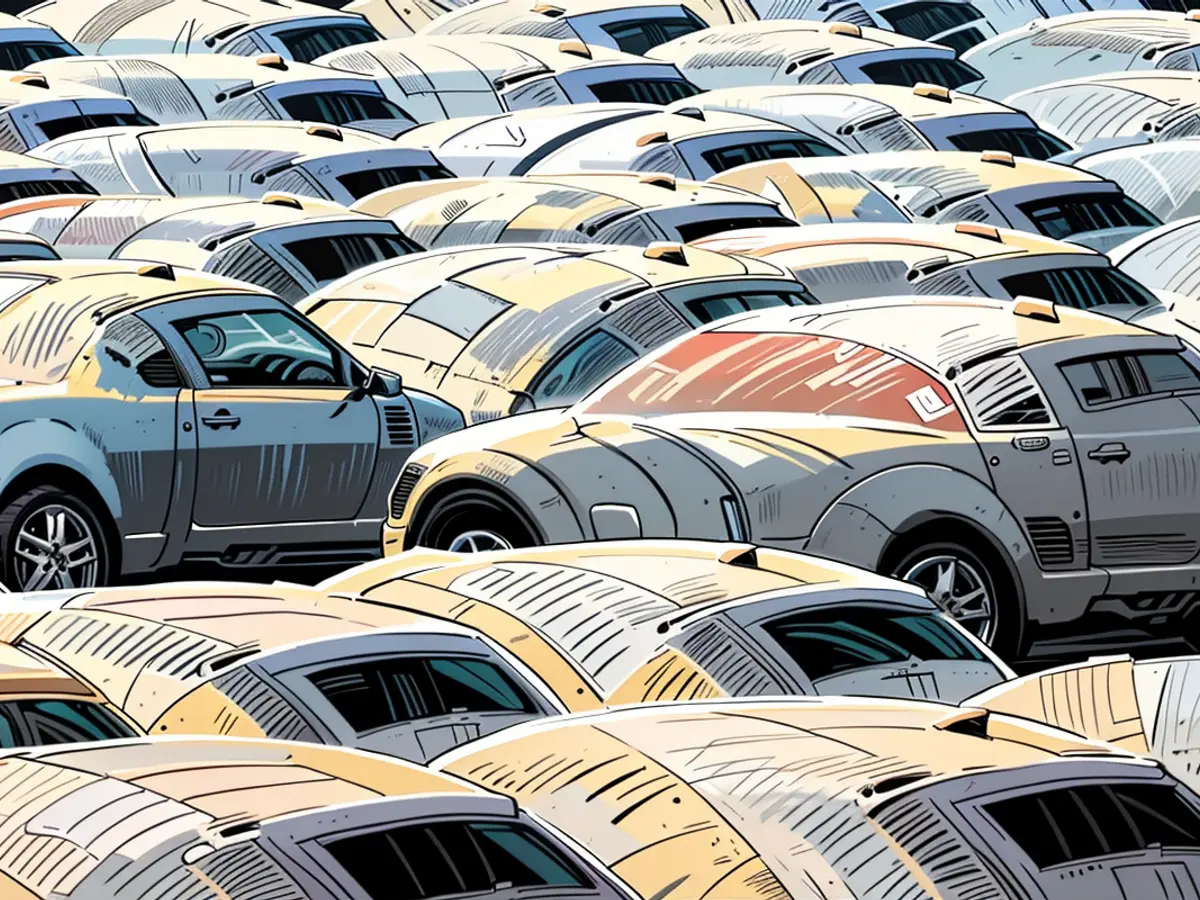Industry - Chinese carmakers most innovative according to study
Chinese automakers have further expanded their leadership role in innovations based on a study by industry expert Stefan Bratzel from his Center of Automotive Management (CAM) in Bergisch Gladbach, Germany. This group accounted for 46 percent of the global innovation strength, as CAM announced on Thursday. Innovations included those that have already been mass-produced.
In the 2019/20 period, the share of Chinese automakers in the innovation strength was 21 percent. German automakers collectively saw their innovation strength decline from 45 percent to the current 23 percent. Chinese competition overtook the three German automakers for the first time in the ranking 2022/23.
The CAM has been producing the report since 2005 and updates it annually. The latest results cover approximately 700 series innovations from 30 companies with over 100 automobile brands. The authors evaluate the innovations based on innovation grade, customer benefit, and originality. The current investigation covers the period from February 2023 to January 2024.
Five Chinese manufacturers in the top 10 - BMW at the top
According to the information, there are reportedly five Chinese manufacturers among the top 10 most innovative automobile companies. BMW, the German manufacturer, remains at the top. They had many innovations in the areas of automated driving and the range and charging capacity of electric vehicles.
Geely and SAIC follow in the ranking. They particularly excel in the fields of electromobility, driver assistance systems, and user interface and display concepts. Toyota ranks fifth. Mercedes-Benz follows in sixth place. The Volkswagen Group with brands like VW, Audi, and Porsche ranks seventh. This is mainly due to a weakness at Audi and the strength of the competition.
Neither Stellantis, the Opel parent company, nor the American manufacturers Tesla, GM, and Ford are among the top ten most innovative automakers.
Power balance shifts towards China
The industry is experiencing a "tectonic shift in power balance towards Chinese automobile companies," according to Bratzel. This shift is increasingly apparent in the innovation strength. In the future fields of electromobility, software-defined cars, and networking, Chinese manufacturers have built up competencies on which they are building innovative series vehicles at high speed.
For German automakers, this is a challenge: "They must at least be as innovative as they are expensive." They were able to increase the number of their innovations compared to the previous year by eight percent - the number of Chinese innovations, however, increased by 32 percent in the same period. "The China tempo is significantly higher than the Germany tempo in the development of innovations," it was stated.
- BMW, hailing from Bavaria, Germany, remains at the pinnacle of innovation in the automotive industry.
- The Series innovations from the Volkswagen Group, including Audi, have contributed significantly to their ranking in vehicle construction.
- Bratzel's CAM, based in Bergisch Gladbach, has been monitoring the innovations in the industry since 2005, covering over 700 series from 30 companies worldwide.
- Despite the rise of Chinese automakers, German manufacturers like Audi are conducting extensive research to maintain their world-class status in the industry.
- In Lower Saxony, Germany, some automakers are grappling with the challenge of matching their high costs with comparable innovation levels as their Chinese counterparts.
- Baden-Württemberg, another German region known for its automotive industry, is closely watching the innovations coming out of Chinese manufacturers, particularly in the fields of electromobility and software.
- Chinese automakers like Geely and SAIC, located in different parts of China, have made significant strides in areas like electromobility, driver assistance systems, and user interface concepts.
- In the "World Class" city of Shanghai, China, several automotive companies are leading the way in innovations, challenging the traditional leadership role of German automakers such as Audi and BMW.








